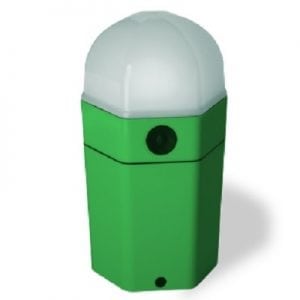
Agriculture
December 11, 2024
A-Light S
Read SolutionImplemented by
Ambros Huber
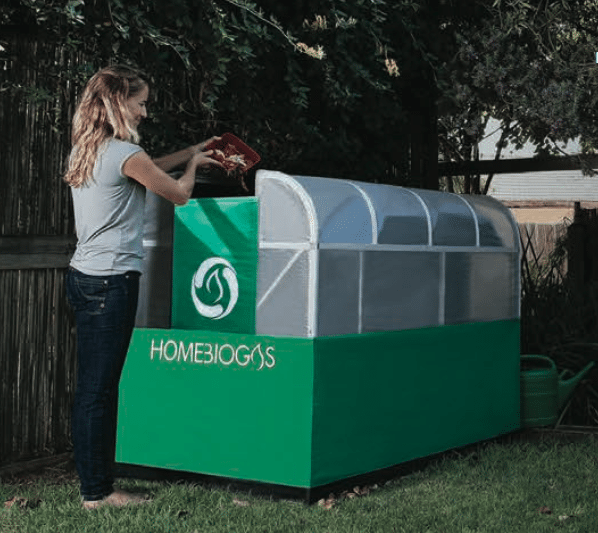
Updated on December 17, 2024
·Created on August 23, 2016
HomeBiogas is a system that converts food waste and animal manure into clean gas.
HomeBiogas is a household biogas system that converts food waste and animal manure into clean gas, that can be used for cooking, water heating and lighting, and into liquid natural fertilizer for the garden. Watch a video of HomeBiogas.
Target SDGs
SDG 7: Affordable and Clean Energy
Market Suggested Retail Price
$1,090.00
Target Users (Target Impact Group)
Household, Community, Small and Medium-sized Enterprises
Distributors / Implementing Organizations
Distributed by HomeBiogas.
Competitive Landscape
Direct competitors include Sistema Biobolsa, Flexi Biogas BG5, and SimGas GesiShamba.
Regions
Worldwide
Manufacturing/Building Method
Mass produced.
Intellectural Property Type
Patent
User Provision Model
The system can be obtained through HomeBiogas.
Distributions to Date Status
120 systems have been installed in July 2015. Large scale production started in 2016.
Output energy product
Biogas
Average daily biogas production (m3/day)
4 m3/day
Description of waste source(s)
Food waste, animal manure.
Waste input requirements (kg per hour or day)
6 L per day of food waste or 15 L per day of animal manure.
Other input requirements (amount per hour)
1 L of water for every liter of waste added.
System dimensions (m)
0.165 m3
Design Specifications
Specifications:
HomeBiogas units perform anaerobic digestions. Anaerobic digestion is the breakdown of organic material by micro-organisms in the absence of oxygen. It produces biogas, a methane-rich gas that also contains carbon dioxide with trace amounts of other gases; and digestate, a source of nutrients that can be used as a fertilizer. The digestion process begins with bacterial hydrolysis of the input material in order to break organic polymers into smaller molecules that finally become methane and carbon dioxide after acidogenesis and methanogenesis.
Use:
Technical Support
Technical support is provided by HomeBiogas, however, HomeBiogas recommends hiring a licensed gas technician to connect the system’s gas pipe to the home kitchen stove.
Replacement Components
Provided by HomeBiogas.
Lifecycle
Expected lifetime of the unit is unknown, although the unit includes a 12 month limited parts and materials warranty.
Maintenance: HomeBiogas recommends maintaining the HomeBiogas unit once a year by: 1. Replacing its gas filter (takes a minute to do and filter cost about $20). 2. Removing the sludge that accumulates at the bottom of the digestion tank via the outlet pipe.
Manufacturer Specified Performance Parameters
Targets specified on the manufacturer's website:
Vetted Performance Status
Unknown
Safety
Extreme caution is necessary when working with biogas. Adequate ventilation, appropriate precautions, good work practices, and adequate personal protective equipment will minimize the dangers associated with biogas.
Complementary Technical Systems
None.
Academic Research and References
Benjamin K. Sovacool, Matthew Kryman, Taylor Smith, Scaling and commercializing mobile biogas systems in Kenya: A qualitative pilot study. Renewable Energy, Volume 76, April 2015, Pages 115-125
Vogeli, Y., Lohri, C.R., Gallardo, A., Diener, S., Zurbrugg, C., Anaerobic digestion of biowaste in developing countries: practical information and case studies. Laufenburg, Switzerland: Swiss Agency for Development and Cooperation SDC; 2014 [cited 20 Jul 2015].
Introducing the Revolutionary HomeBiogas System. n.d. Homebiogas | Household Biogas Digester System.
HomeBiogas 2 FAQ. n.d. HomeBiogas.
HomeBiogas 2 Specs. n.d. HomeBiogas.
Chase, Nick. 2015. Membrane Digester with Storage. Biogascentral, December 23, 2015.
HomeBiogas – Create Your Own Energy. n.d. Indiegogo.
Compliance with regulations
HomeBiogas has the ISO 9001 certification, ISO 14001 certification and the European Conformity.
Evaluation methods
Field testing of 30 units in 2014.
Other Information
HomeBiogas performs well when the day/night 24-hour average temperature is 17°C (63°F) and above. Once the temperature drops lower than that the unit’s gas output is significantly reduced. On the other hand the system will work very effectively in high temperatures, either humid or arid. Homebiogas is developing a cold weather solution.
What is the added benefit of biogas as compared to composters? Composters are mostly suitable to process lawn cuttings, leaves, grass wood shavings and vegetarian matter. For many reasons, composters are not truly suitable for kitchen leftovers like meat, fish, oil and fats. HomeBiogas is complementary to the composter since it digests the remains that the composter cannot process, and it also provides cooking gas and liquid fertilizer for immediate use.

Agriculture
December 11, 2024
Implemented by
Ambros Huber
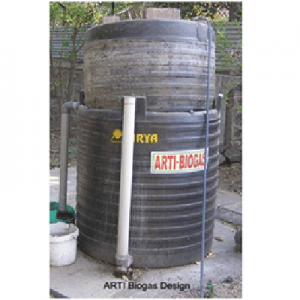
Agriculture
January 28, 2024
Implemented by
Appropriate Rural Technology Institute (ARTI)
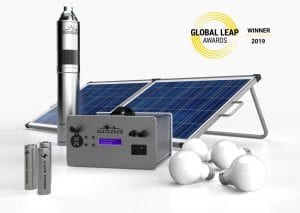
Agriculture
August 21, 2024
Implemented by
SunCulture
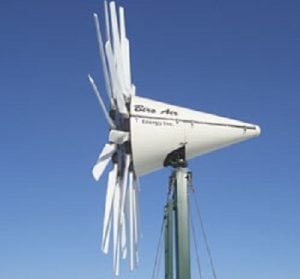
Agriculture
January 22, 2024
Implemented by
Biro Air Energy Inc.
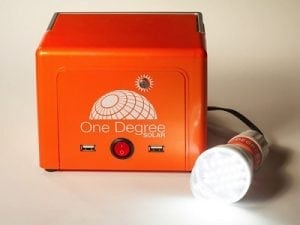
Agriculture
January 28, 2024
Implemented by
One Degree Solar
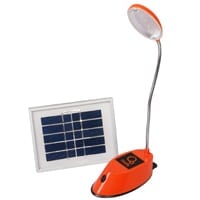
Agriculture
January 13, 2024
Implemented by
Barefoot Power
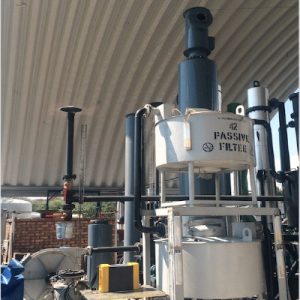
Agriculture
December 16, 2023
Implemented by
Green to Energy (G2E)
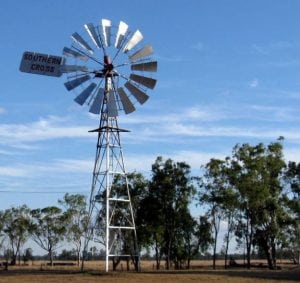
Agriculture
December 26, 2023
Implemented by
SOUTHERN CROSS INDUSTRIES
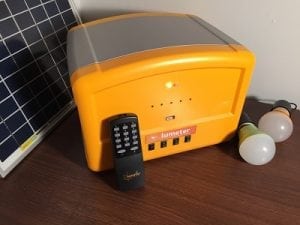
Agriculture
June 22, 2024
Implemented by
Lumeter Networks
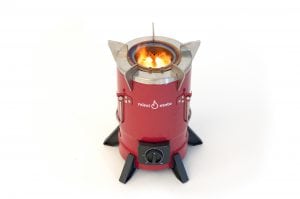
Agriculture
November 30, 2024
Implemented by
Mimi Moto
Have thoughts on how we can improve?
Give Us Feedback